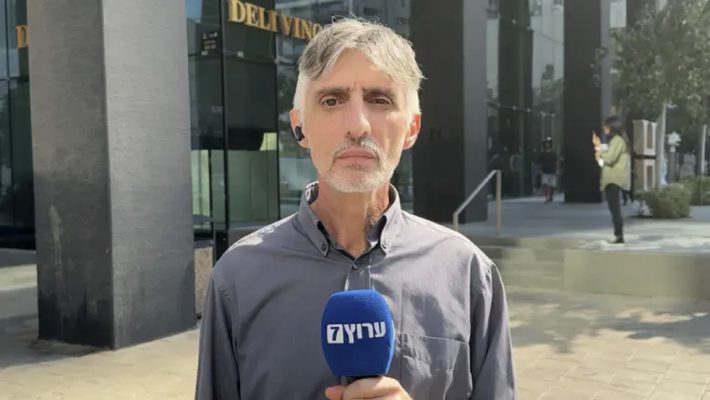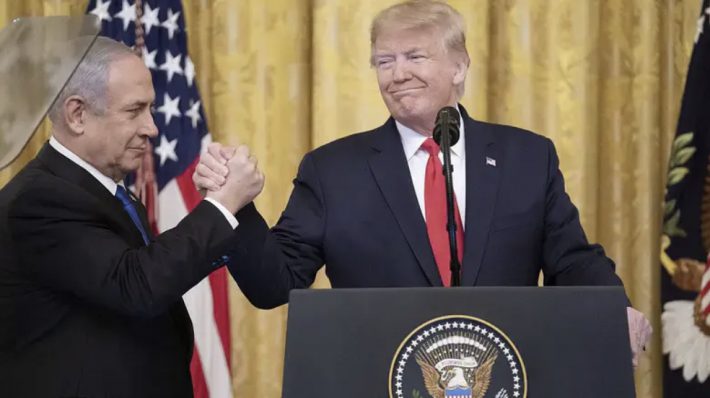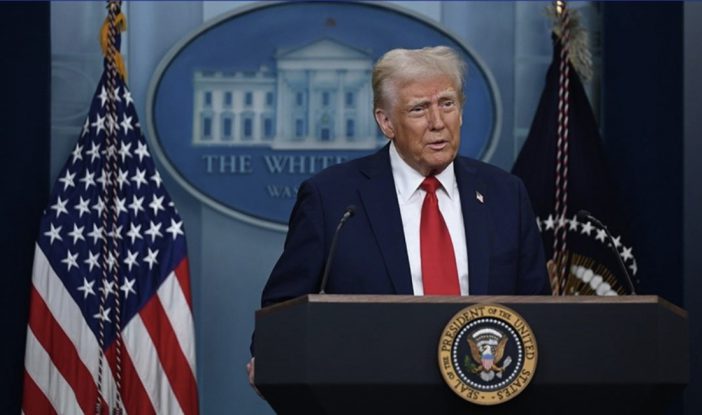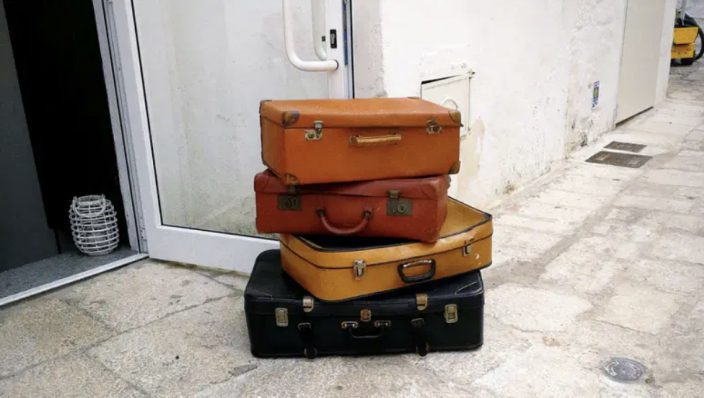INSS analyst Beni Sabti says Tehran struggling to project strength after a US strike, indirect messages of negotiation possibly already underway, amid internal turmoil and strategic failuresa.
Beni Sabti, an Iran expert at the Institute for National Security Studies (INSS), addressed the public and governmental mood in Tehran following the overnight US strike, noting: “Iran continues its typical belligerent rhetoric — the main propaganda newspaper called to set the Persian Gulf ablaze, attack foreign ships, and withdraw from the nuclear treaty. It’s all familiar and unsurprising.”
Sabti emphasized that Iran’s leadership is also attempting to downplay the incident and convey strength. “A tweet by the National Security Council, the Supreme Leader’s top advisory body, sought to minimize the event and blamed Israel for weakness — saying ‘it needed the United States, and the Americans failed.’ It’s all part of the propaganda effort,” he said.
According to Sabti, Tehran’s central dilemma lies in its lack of alternatives: “Even in its missile attacks, Iran is repeating familiar patterns. Israel has long understood that the Iranian threat is not as it was portrayed, and sometimes only direct confrontation reveals the truth.”
He quoted a regime-affiliated Iranian source: “The Leader has a problem — until he loses everything at the gambling table, he won’t get up from his chair.” Sabti added that the regime is no longer as organized as it once was and that Iranians are now in “survival mode”: “People there are scrambling for fuel and bread, and the regime has lost both its nuclear leverage and its deterrent power.”
Reflecting on historical precedent, Sabti mentioned Iran’s clashes with the US Navy during the Iran-Iraq War, warning: “As happened then, Iran may again cross the line and suffer a harsh US response. It’s possible that messages are already being passed about negotiations and a ceasefire, with major nuclear concessions.”
Regarding Supreme Leader Khamenei’s future, Sabti said the leader may face a critical decision: “Khamenei is now in a situation similar to Nasrallah’s — survival is everything. If he doesn’t back down, the entire structure could collapse. Reports of messages being passed to the Americans suggest this scenario isn’t far-fetched.”
Commenting on Iran’s nuclear program, Sabti noted: “It’s fortunate the enriched uranium didn’t detonate or cause a radioactive event. It may have already been moved to a safe location. Either way, the facility suffered major damage — it will take at least two to three years to restore, and the Iranians know this opens the door to negotiations under surrender terms.”
As for Iran’s future regional status, Sabti emphasized that the ambition for regional power transcends regimes: “Iran, regardless of who leads it, will always view itself as a regional power. Even Iranian exiles believe this. It’s a deeply rooted desire among 80 million Iranians, and the world must learn to navigate it.”





